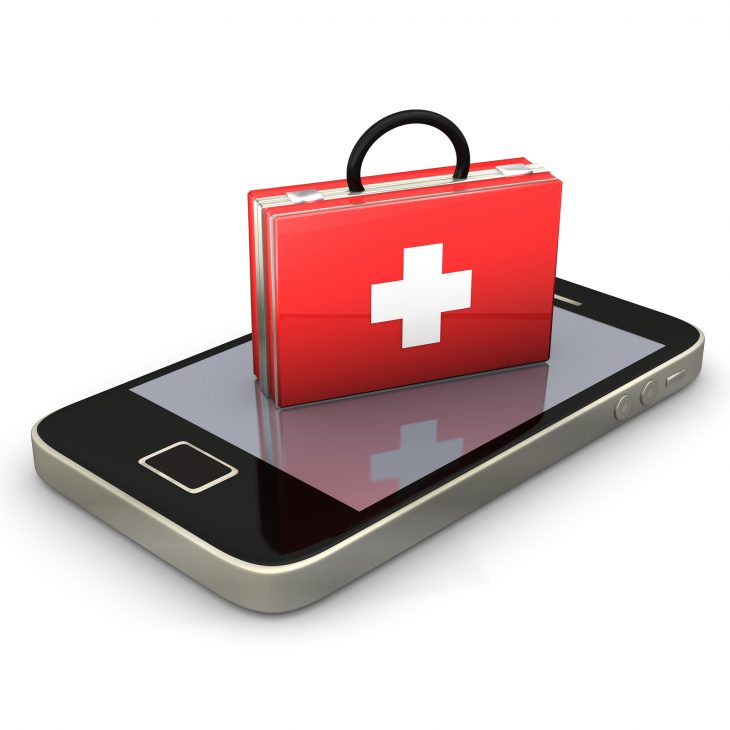
OTTAWA – Canada’s wireless industry is one step closer to implementing the Text with 9-1-1 (T9-1-1) service for the deaf, deafened, hard of hearing or speech impaired (DHHSI) community in Canada.
The Canadian Wireless Telecommunications Association (CWTA) said Friday that its members across the country have completed all of the required network upgrades to implement T9-1-1, as per the CRTC’s directive last year. The T9-1-1 service, however, is not yet available in any region of the country until 9-1-1 call centres also complete technology upgrades.
T9-1-1 provides 9-1-1 call centres with the ability to converse with a deaf, deafened, hard of hearing or speech impaired person during an emergency, using text messaging. When a DHHSI person requires 9-1-1 services, they dial 9-1-1 on their cell phone. There is no need for a caller to speak or hear, as the 9-1-1 call taker will normally receive an indicator from registered users that tells them to communicate with the caller via text messaging. The 9-1-1 call taker then initiates text messaging with the caller to address the emergency.
The CWTA also unveiled a new website designed to provide members of the DHHSI community with additional information about T9-1-1, including up-to-date information about the service and how to register.
The service will only be available to those in the DHHSI community who register their cell phones for the service through their wireless carrier. Voice calling remains the only way to communicate with 9-1-1 services for a person that is not deaf, deafened, hard of hearing or with speech impairment, as text messages sent directly to the digits "9-1-1" do not reach emergency services. Text with 9-1-1 for the public at large is expected to be deployed at a later date.
"Extending 9-1-1 services through text messaging is an important step in the evolution of using technology to keep all Canadians safe," said CWTA president and CEO Bernard Lord, in the announcement. "Canada's wireless industry looks forward to working with the public safety community in rolling out this critical service across the country."


